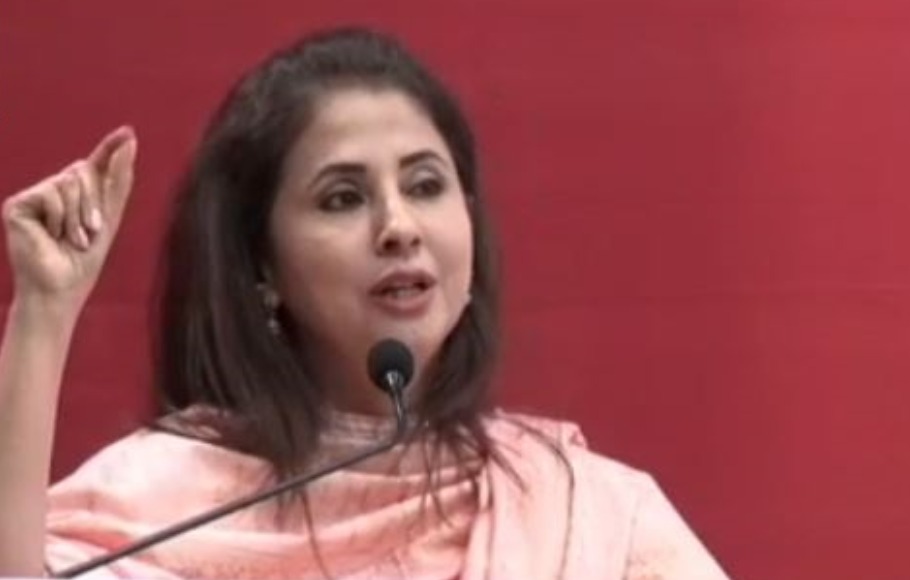
Urmila Matondkar compares CAA with British-era Rowlatt Act
Actor-turned-politician Urmila Matondkar, who had contested the 2019 Lok Sabha elections unsuccessfully, on Thursday compared the contentious Citizenship (Amendment) Act (CAA) to the infamous British-era Rowlatt Act, a repressive legislation that allowed the internment of suspects in political cases without a trial.

Actor-turned-politician Urmila Matondkar, who had contested the 2019 Lok Sabha elections unsuccessfully as a Congress candidate, on Thursday (January 30) compared the contentious Citizenship (Amendment) Act (CAA) to the infamous British-era Rowlatt Act, a repressive legislation that allowed internment of suspects in political cases without a trial.
Speaking at a rally in protest against the CAA and the National Register of Citizens (NRC), Matondkar said, “History would remember both the Rowlatt Act as well as the Citizenship (Amendment) Act as black laws.” Alleging that CAA was against the poor and “is challenging our Indianness”, she said, “We will not accept this law.”
“After the end of World War II in 1919, the British knew that unrest was spreading in India and that it could increase after the Second World War was over. So, they brought in a law commonly known as the Rowlatt Act,” Matondkar added, but got the WWII year wrong. The Second World War was fought between 1939 and 1945.
Also read | Actor Urmila Matondkar quits Congress over ‘inner party politics’
The rally was organised on the occasion of Mahatma Gandhi’s death anniversary at Gandhi Bhavan memorial in Pune. Gandhi’s ideology was still alive, as the people who are against us (those who support the CAA) and their leaders have to go to Rajghat and pay tributes to him, the actor-turned-politician said.
Gandhi was a true follower of Hinduism, and the person who shot him dead (Nathuram Godse) was also a Hindu, she said. After a defeat in the 2019 Lok Sabha election from Mumbai North constituency, Matondkar had resigned from the Congress last September citing inaction on the part of “key functionaries of Mumbai Congress”.
The Imperial Legislative Council, the legislature of British India, had passed the Rowlatt Act in February 1919, allowing the British to arrest and jail anyone found plotting against the British, without a trial. The legislation was based on the report of Justice SAT Rowlatt’s committee of 1918.
(With inputs from agencies)
Also read | Post-NRC, how will you prove you’re an Indian?

